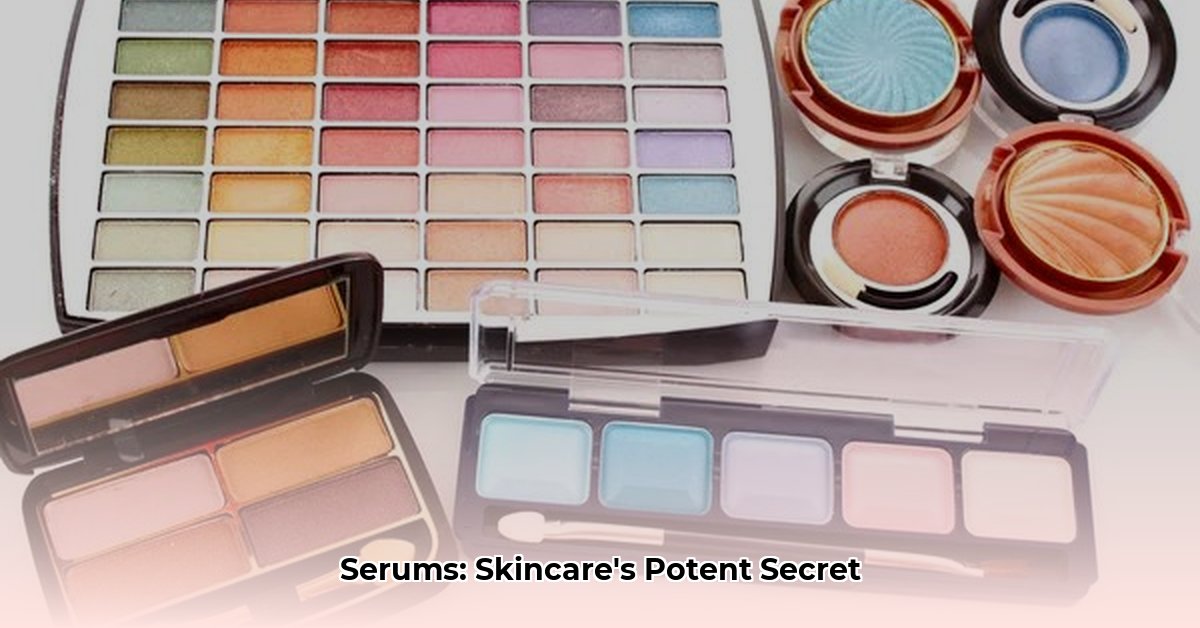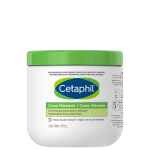A concentrated form of many cosmetic ingredients is called a serum. Serums are potent skincare products packed with active ingredients to target specific skin concerns. Think of them as the superheroes of your skincare routine, delivering powerful results.
What is a Serum?
Serums are lightweight skincare products with a higher concentration of active ingredients than typical moisturizers. This means they can penetrate deeper into the skin to address specific concerns like wrinkles, dryness, dullness, and acne. While moisturizers primarily hydrate and protect, serums offer targeted treatments.
Why Use a Serum?
Adding a serum to your routine can bring numerous benefits:
- Targeted Treatments: Serums address specific skin concerns like wrinkles, hyperpigmentation, or acne.
- Enhanced Absorption: Their lightweight texture allows for quick absorption and deep penetration of active ingredients.
- Intense Hydration: Some serums, like those with hyaluronic acid, provide a powerful hydration boost.
- Brighter Complexion: Serums with ingredients like vitamin C can brighten skin and improve overall tone.
- Improved Texture: Certain serums, such as those containing glycolic acid, gently exfoliate to reveal smoother skin. Some studies suggest this can also improve the absorption of other skincare products.
- Protection Against Environmental Damage: Antioxidant serums can help shield skin from pollution and UV rays. The efficacy of this protection likely varies depending on the specific antioxidants used and their concentration.
Types of Serums & Key Ingredients
Choosing the right serum depends on your skin type and concerns. Here’s a breakdown:
| Serum Type | Key Ingredients | Benefits |
|---|---|---|
| Anti-aging | Retinol, Peptides, Bakuchiol | Reduces wrinkles, improves firmness, stimulates collagen production |
| Hydrating | Hyaluronic Acid, Ceramides | Boosts moisture, plumps skin |
| Brightening | Vitamin C, Niacinamide, Kojic Acid | Fades dark spots, evens skin tone |
| Acne-Fighting | Salicylic Acid, Benzoyl Peroxide, Niacinamide | Clears blemishes, controls oil production |
| Sensitive Skin | Centella Asiatica, Chamomile, Aloe Vera, Niacinamide | Soothes redness, reduces irritation |
Serum vs. Moisturizer vs. Essence
| Feature | Serum | Moisturizer | Essence |
|---|---|---|---|
| Texture | Lightweight | Creamier, richer | Watery |
| Concentration | High | Lower | Lower |
| Function | Targeted treatments | Hydrates, protects | Preps skin |
Essence preps, serum treats, and moisturizer seals.
Choosing the Right Serum
Consider your skin type and concerns when selecting a serum.
- Dry Skin: Look for hyaluronic acid, glycerin, and ceramides.
- Oily Skin: Opt for oil-free or lightweight formulas, potentially with salicylic acid.
- Acne-Prone Skin: Look for salicylic acid, benzoyl peroxide, or niacinamide.
- Sensitive Skin: Choose calming ingredients like centella asiatica, chamomile, aloe vera, and niacinamide.
- Mature Skin: Retinol, peptides, and antioxidants are good choices.
How to Apply a Serum
- Cleanse: Start with a clean face.
- Tone (Optional): Apply toner if you use one.
- Apply Serum: Use a pea-sized amount and gently pat onto your face and neck.
- Moisturize: Lock in the serum with a moisturizer.
- Sunscreen (Daytime): Always finish your morning routine with sunscreen.
Potential Side Effects & Troubleshooting
While generally safe, some people may experience mild irritation. Start slowly, applying every other day. If irritation persists, discontinue use and consult a dermatologist. A patch test is always recommended, especially for sensitive skin.
Advanced Tips
- Layering: Apply serums from thinnest to thickest. Research ingredient compatibility before layering, as some combinations (like retinol and vitamin C) may interact negatively.
- Mixing with Moisturizer: Mix a few drops of serum with your moisturizer for a simplified application.
Conclusion
Serums can be a game-changer for your skin. By understanding how they work and choosing the right one for your needs, you can unlock their full potential and achieve a healthy, radiant complexion. Remember that individual results may vary, and research on skincare ingredients is constantly evolving. Don’t hesitate to consult a dermatologist for personalized advice.
- Good Mindfulness Books For A Calmer, Happier Everyday Life - February 4, 2026
- Recommended Meditation Books for Beginners and Experienced Practitioners - February 3, 2026
- Great Mindfulness Books to Guide Your Journey to Inner Peace - February 2, 2026
















